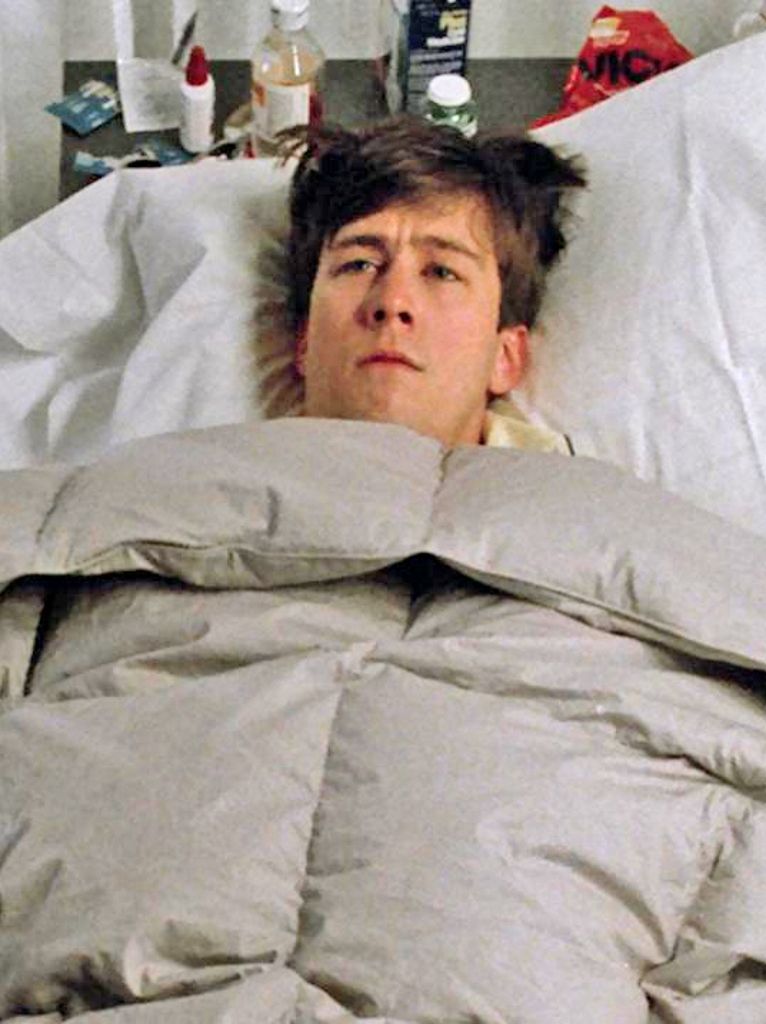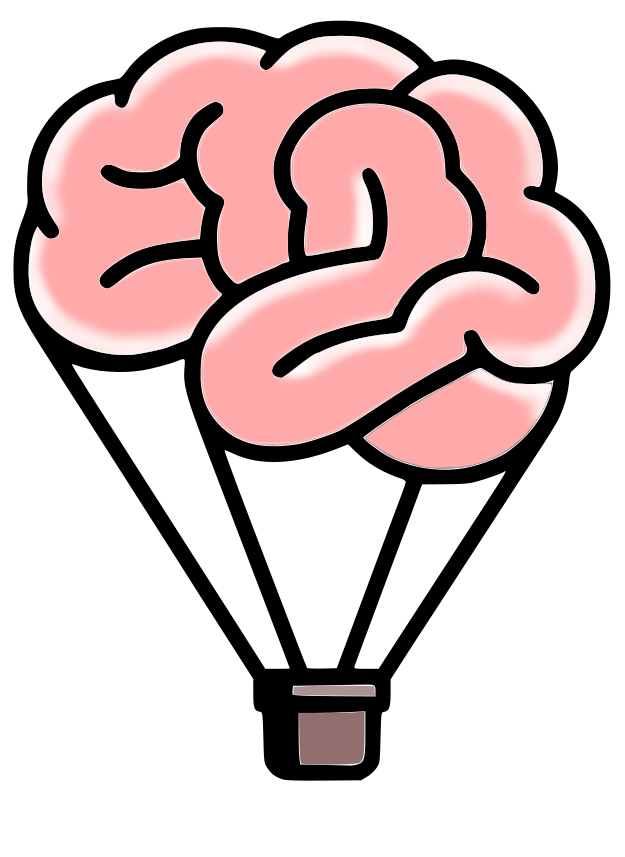Happy One Year Anniversary of the Newsletter!
As I’ve been reflecting on writing these updates for the past year, I realized I haven’t taken the time to outline my top three recommendations for stable mental health. I mention Sleep, Diet, and Exercise a lot. Guilty! I think all three are crucial; so, I want to provide a post that links to the science on each of these topics. As you explore this topic, take a minute to review my words below but also to check out the linked content to deepen your knowledge about Sleep (next month we’ll get to Diet and the month after, Exercise).

If you’re struggling in your relationship with sleep, there is no time like the present to revisit that relationship.
Dr. R.C. Morris
Sleep is essential for a person’s health and well-being, according to the National Sleep Foundation (NSF)1. It is closely connected to mental and emotional health and has demonstrated links to depression, anxiety, bipolar disorder, and other conditions2. While research is ongoing to better understand the connections between mental health and sleep, the evidence to date points to a bidirectional relationship2. That means sleep impacts mental health, impacts sleep: sleep <-> mental health.
The American Psychological Association (APA) states that sleep is essential for a person’s health and wellbeing1. Yet millions of people do not get enough sleep and many suffer from lack of sleep. For example, surveys conducted by the NSF (1999-2004) reveal that at least 40 million Americans suffer from more than 70 different sleep disorders and 60% of adults report having sleep problems a few nights a week or more. Most of those with these problems go undiagnosed and untreated. In addition, more than 40% of adults experience daytime sleepiness that is severe enough to interfere with daily activities at least a few days each month—with 20% reporting problem sleepiness a few days a week or more. Furthermore, 69% of children experience one or more sleep problems a few nights or more during a week1. That’s a lot of tired people moving around in life!
Research has also found that brain activity during sleep has profound effects on emotional and mental health. Sufficient sleep, especially REM sleep, facilitates the brain’s processing of emotional information2. A 2016 meta-analysis concluded that insomnia is significantly associated with an increased risk of depression. The review suggests that sleep loss may result in cognitive alterations that lead to depression risk3.

“When Cameron was in Egypt’s land…“
Good sleep improves your brain performance, mood, and health. Not getting enough quality sleep raises the risk of many diseases and disorders. These range from heart disease and stroke to obesity and dementia4. There’s more to good sleep than just the hours spent in bed, says Dr. Marishka Brown, a sleep expert at NIH. “Healthy sleep encompasses three major things,” she explains. “One is how much sleep you get. Another is sleep quality—that you get uninterrupted and refreshing sleep. The last is a consistent sleep schedule.” People who work the night shift or irregular schedules may find getting quality sleep extra challenging. And times of great stress can disrupt our normal sleep routines. But there are many things you can do to improve your sleep4.
While you sleep, your brain is working. For example, sleep helps prepare your brain to learn, remember, and create. Dr. Maiken Nedergaard, who studies sleep at the University of Rochester, explains that while people often think that sleep is just “down time,” when a tired brain gets to rest, this is not the case. Her team found in mice that the brain has a drainage system that removes toxins during sleep. “When we sleep, the brain totally changes function,” she explains. “It becomes almost like a kidney, removing waste from the system.” Her team found that the drainage system removes some of the proteins linked with Alzheimer’s disease. These toxins were removed twice as fast from the brain during sleep4.
Everything from blood vessels to the immune system uses sleep as a time for repair, says Dr. Kenneth Wright, Jr., a sleep researcher at the University of Colorado. “There are certain repair processes that occur in the body mostly, or most effectively, during sleep,” he explains. “If you don’t get enough sleep, those processes are going to be disturbed.” How much sleep you need changes with age. Experts recommend school-age children get at least nine hours a night and teens get between eight and 10. Most adults need at least seven hours or more of sleep each night4.
Getting enough quality sleep is crucial for maintaining good mental health and overall well-being. Sleep plays an important role in regulating mood and emotions, as well as facilitating cognitive processes such as learning and memory formation. Lack of (sufficient quality) sleep can increase the risk of developing mental health conditions such as depression and anxiety, as well as other physical health problems such as heart disease and obesity. It is important to prioritize good sleeping habits in order to maintain good mental health.
Sleep is #1 on our Top 10 List here at Liberated Mind for a reason!
—
This post does not constitute therapeutic counseling or advice; the contents of this post are provided as a learning resource. We share the contents hoping that if you are in need of mental health support you will reach out to us directly or to a mental health professional in your area.
